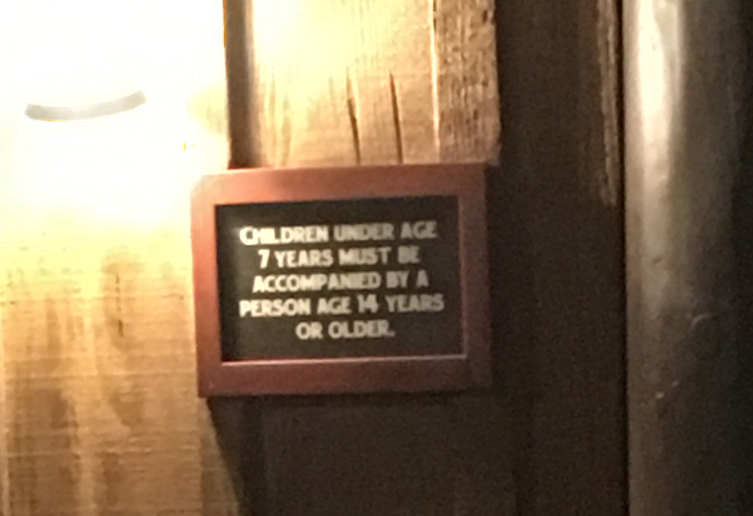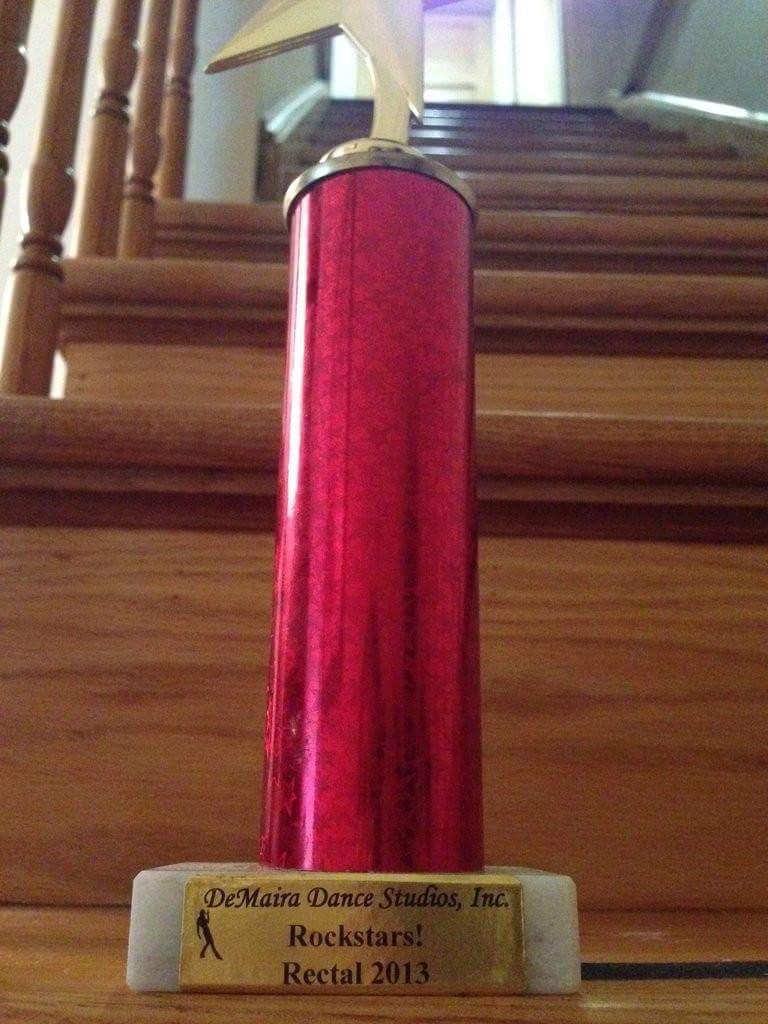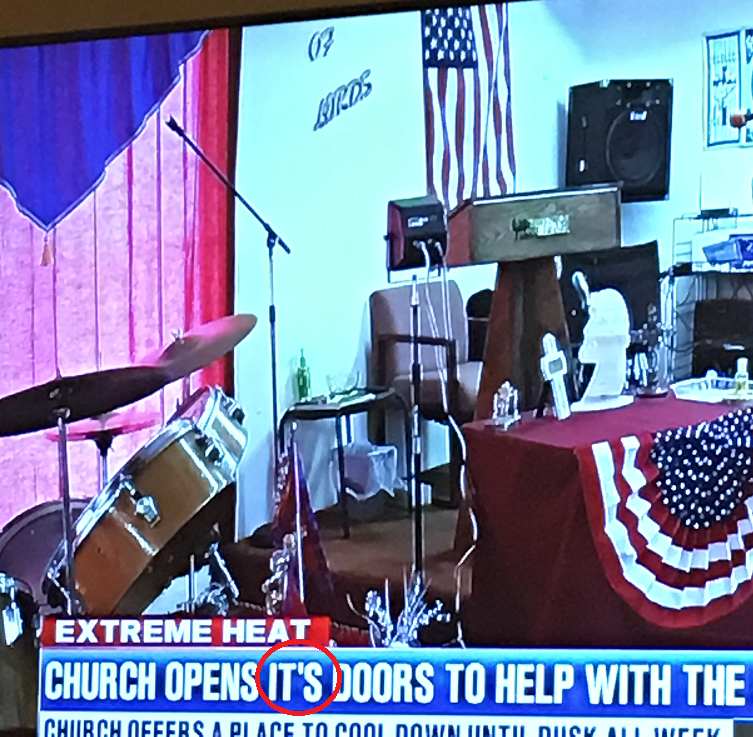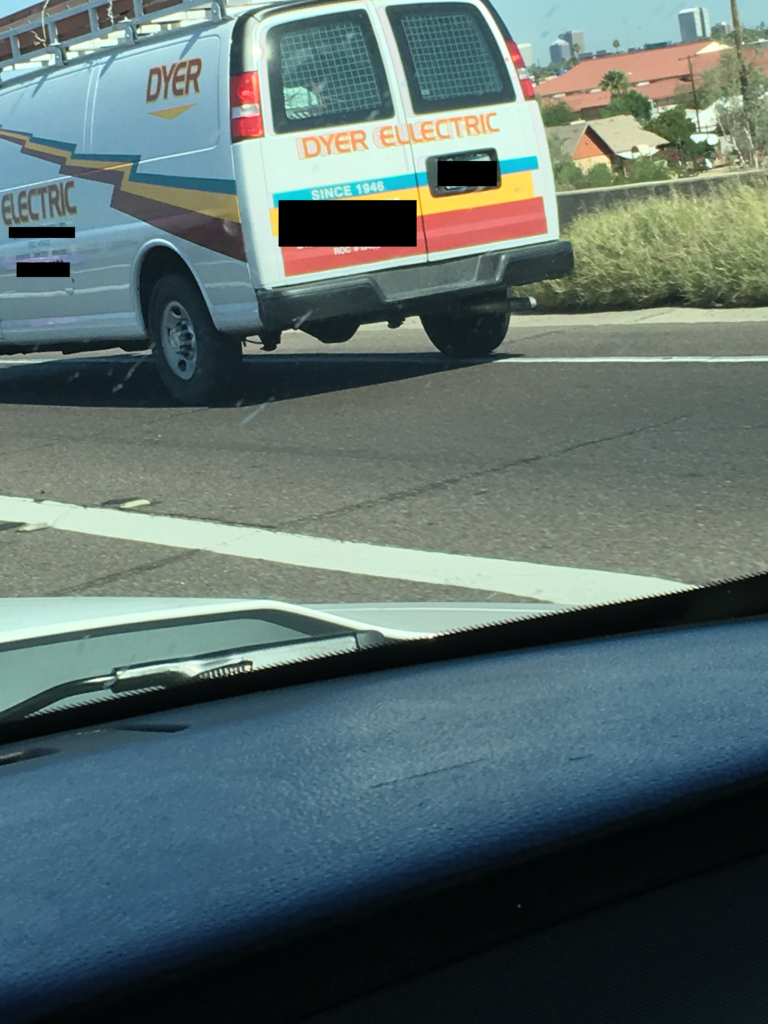
I saw this sign more than once at Disneyland (consistency is good!). I thought something was wrong with it, so snapped this picture vowing to do some research and figure out if I was correct. The problem is whether it should be “age” or “aged.”
According to Gregg:
I interviewed a man aged 52 for the job. [NOT: a man age 52.]
I don’t plan to retire at the age of 65 [NOT: at age 65.]
NOTE: Elliptical references to age–for example, at age 65–should not be used except in technical writing such as human resources manuals.
See the chart on page 64 for the schedule of retirement benefits for employees who retire at age 65.
The Merriam Webster online dictionary defines “aged” as
1. a: of an advanced age <an aged man>
b: having attained a specified age <a man aged 40 years>
2. typical of old age
Another source defines “aged” as “having reached the age of.”
So if you use those definitions with the Disney example, “Children under age 7 years must be accompanied by a person age 14 years or older,” since the chaperone will have “reached the age of” 14 or “attained a specified age” (in this case, the age of 14), I think the Disneyland signs should be changed to either “Children under the age of 7 years must be accompanied by a person aged 14 or older” or “Children under 7 must be accompanied by a person 14 or older.”
Not everyone spends time in the happiest place on earth internally deliberating the correct usage of a word, but it is something I am pretty passionate about and it didn’t cut into my “happy time.” Now I just need to figure out how to use that passion to get a proofreading job with Disney.
 I saw this sign more than once at Disneyland (consistency is good!). I thought something was wrong with it, so snapped this picture vowing to do some research and figure out if I was correct. The problem is whether it should be “age” or “aged.”
I saw this sign more than once at Disneyland (consistency is good!). I thought something was wrong with it, so snapped this picture vowing to do some research and figure out if I was correct. The problem is whether it should be “age” or “aged.” I saw this sign more than once at Disneyland (consistency is good!). I thought something was wrong with it, so snapped this picture vowing to do some research and figure out if I was correct. The problem is whether it should be “age” or “aged.”
I saw this sign more than once at Disneyland (consistency is good!). I thought something was wrong with it, so snapped this picture vowing to do some research and figure out if I was correct. The problem is whether it should be “age” or “aged.”

 Follow
Follow

 A friend and I were recently discussing what our possibilities for recreation are for a trip to Sedona, Arizona, this summer. When I said “vortexes,” her response was “shouldn’t it be vortices?” I had never heard that word, but told her I would investigate and use it as a blog topic. So here we are.
A friend and I were recently discussing what our possibilities for recreation are for a trip to Sedona, Arizona, this summer. When I said “vortexes,” her response was “shouldn’t it be vortices?” I had never heard that word, but told her I would investigate and use it as a blog topic. So here we are.




